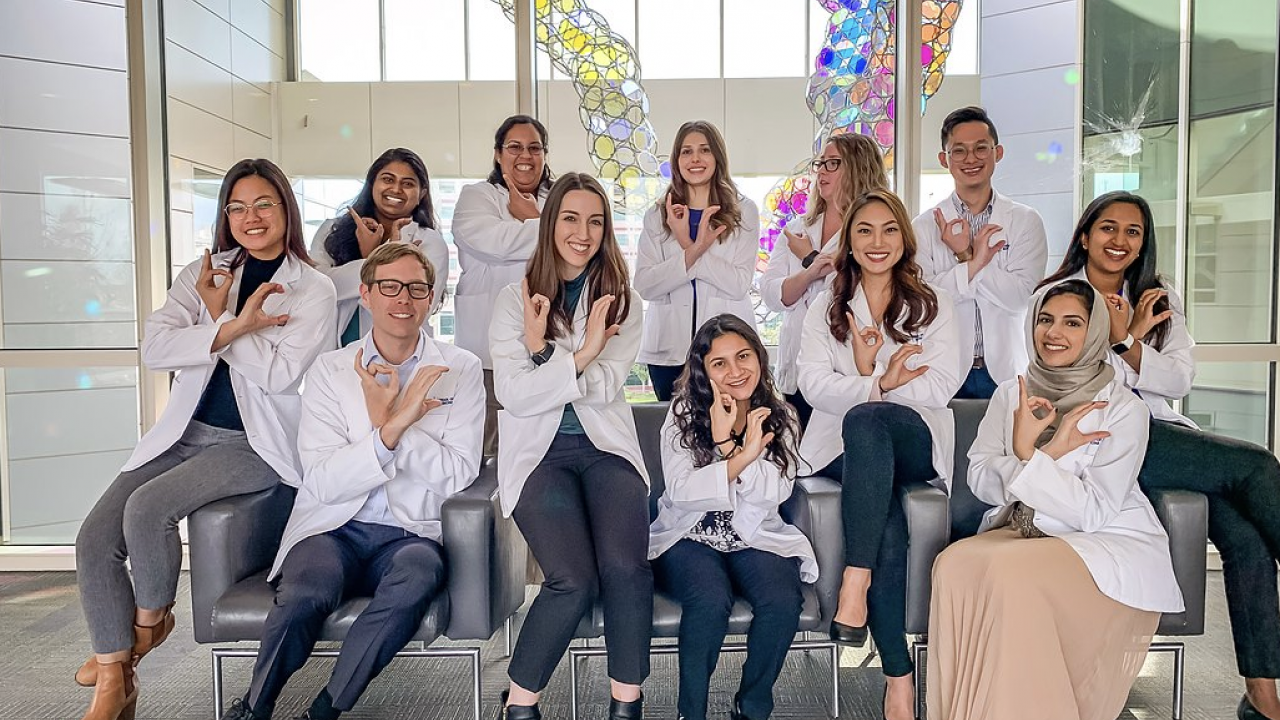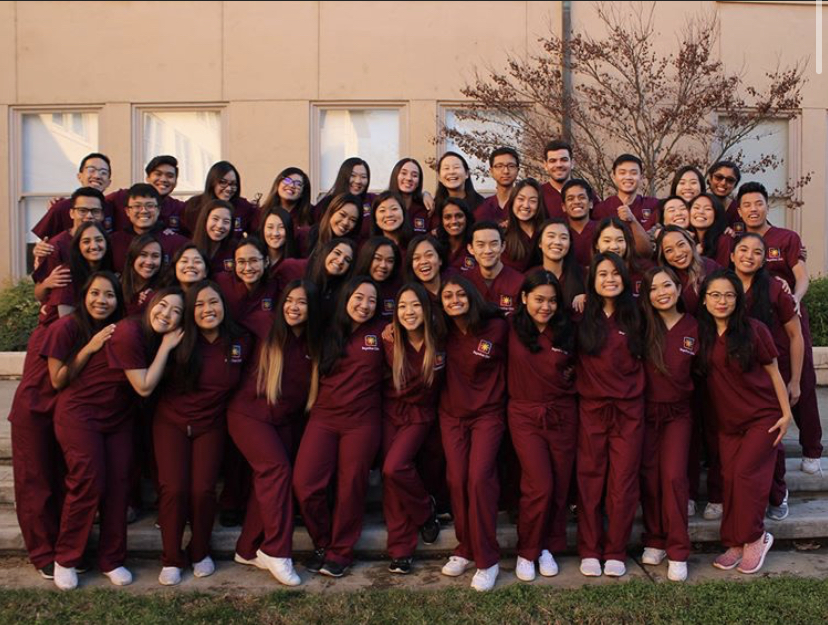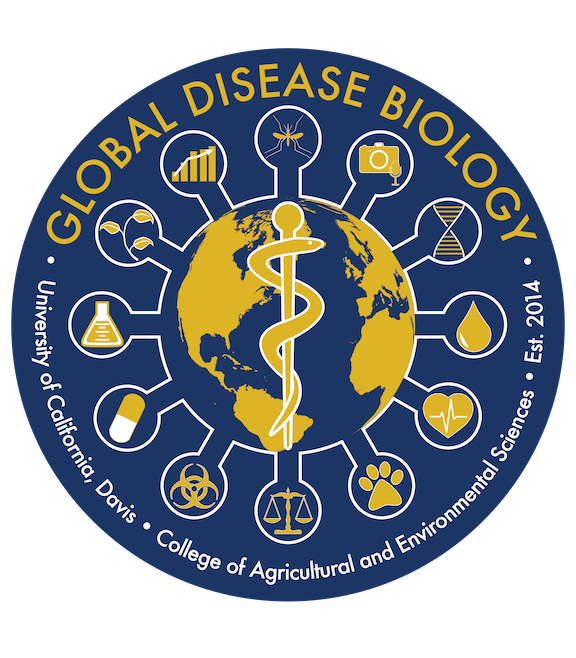
Student Run Clinics at UC Davis: The Intersection of Medicine and Technology
A wonderful part of UC Davis is the plethora of Student-Run Clinics on campus. They have been around for over 35 years and are scattered throughout the greater Sacramento area. All the SRCs have their niche populations but essentially operate under the same umbrella of providing free health care services to the uninsured and underserved populations in Sacramento.
All student-run clinics are composed of very hardworking individuals that include volunteer preceptors (doctors), first- or second-year medical students, and undergraduates. Being a part of an SRC is a very fulfilling commitment, but also is time-intensive. Volunteers give their weekends and some weekdays to ensure the clinic runs smoothly year-round. Patient care and satisfaction are what fuels them to continue forward.
Treatments at these SRCs range from primary and preventative healthcare to lab referrals and prescription refills. The SRCs pride themselves on being learning clinics where undergraduates can shadow medical students and doctors while engaging in communication with medical professionals and patients. Other undergraduate roles include patient intake, taking vitals, and completing paperwork after appointments.
These clinics bring in so many individuals with their lived and learned experiences. This allows students and preceptors alike to be exposed to culturally diverse communities and practice compassionate healing.
There are 11 student-run clinics affiliated with UC Davis. Their respective links to their websites are found below:
Other UC Davis affiliated student-run clinics:
- Bayanihan Clinic
- Paul Hom Asian Clinic
- Clinica Tepatí
- Imani Clinic
- Shifa Clinic
- Joan Viteri Memorial Clinic
- The Willow Clinic
- VN Cares
- Knights Landing One Health Center
- Hmong Lifting Underserved Barriers
- Gender Health Clinic
SRCs Response to COVID-19
As COVID precautions have been enforced overtime, students rapidly switched over to telehealth protocols. Telemedicine is rapidly becoming an integral part of healthcare and it’s something that is instrumental in maintaining the continuity of care for individuals. Providing alternative means for healthcare, especially if individuals may not have access to transportation services or are keen on playing a part in current efforts to mitigate the transmission of COVID-19, is very important. In addition, clinics rely heavily on Online Electronic Health Records (EHR) Systems such as Practice Fusion, which is a free platform that many of the SRCs utilize. Undergraduates are given the opportunity to work with Electronic Medical Records as they work to schedule patients or help the preceptor and medical students input prescriptions and vitals.
One of our Peer Advisors, Indira, is a volunteer at Joan Viteri Memorial Clinic. JVMC practices a harm reduction philosophy and works to provide unbiased care to patients who use drugs, work in the sex trade, are transitioning, or are uninsured. Below, she has shared her experience participating in a clinic during the COVID-19 pandemic.
“Undergraduate students have not been allowed inside the physical clinic space since March. We have had to serve our communities virtually instead! Within JVMC, there are many committees, and each one was assigned 15 hours of virtual (and limited in-person) work for the summer. I am on the Reproductive Health Committee, and we have been working hard on educating ourselves and our fellow volunteers about reproductive health. In light of the movement surrounding racial justice, we have honed in on racial disparities in health care. We listen to podcasts, read articles, create presentations for the larger JVMC community, and meet biweekly to discuss our progress. Other committees have also worked on self-education and organized drives and other fundraising events for the underserved communities in Oak Park, Sacramento. Many of these communities have been disproportionately affected by COVID-19. Being part of a clinic during this time has been a great way for me to reflect on my own privilege and the ways in which I can best serve others.”

HV is an Undergraduate Wellness Coordinator for Bayanihan Clinic.
Bayanihan Clinic provides primary and preventative health care services to the underserved and uninsured communities of the greater Sacramento area while honoring the legacy of Filipino World War II Veteranos.
“I’m proud to be a part of a community of amazing individuals. I’ve seen every single one of our volunteers step up and uplift our patients in any way they can. The undergraduate clinic interns found new ways to support our patient population remotely whether it was through providing quarantine health resources, fundraising to donate to the NCOA (National Council on Aging) COVID-19 Community Response Fund, or preparing for the future by establishing new partnerships within the community and applying for grants.
Our medical co-directors and my fellow undergraduate coordinators quickly rolled out a protocol for the Telemedicine clinic ensuring patients still received their prescriptions and healthcare. Despite an unprecedented situation, we’ve adapted quickly to the restrictions placed upon the clinic and implemented new protocols, constantly working to find ways to improve each week and provide the best service possible to our patients.
Finally, our Preceptors are still able to make time to volunteer at our Telehealth clinics every Saturday. Their cooperation and feedback have been crucial to a smooth transition to virtual operations, and we truly appreciate their extra efforts.
Bayanihan clinic prides itself in being a learning clinic. Even with the restrictions of telemedicine, undergraduates are invited to shadow psychiatric visits and ask appropriate questions regarding clinical cases. Despite the obstacles, we have continued to foster a growth and learning environment.”

